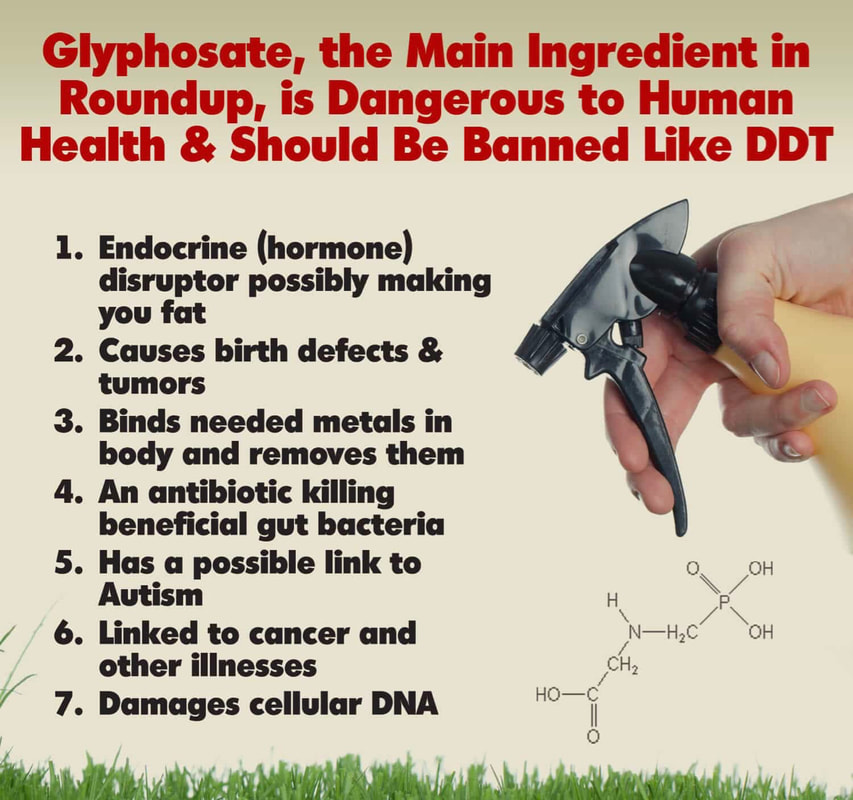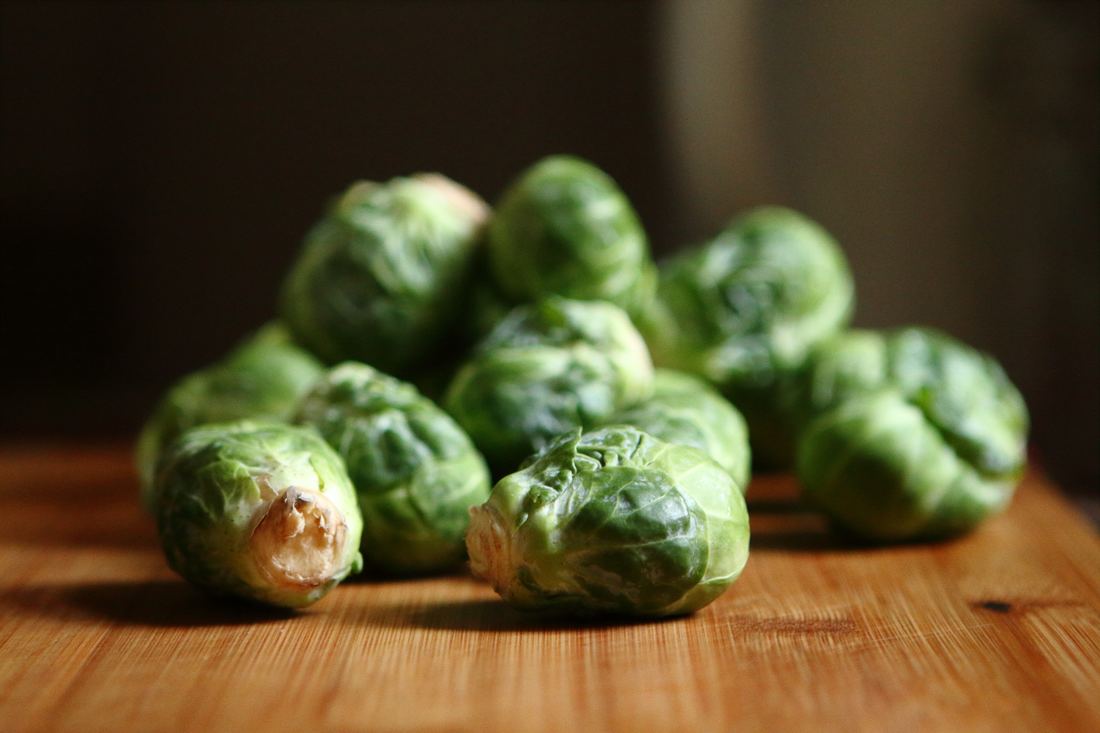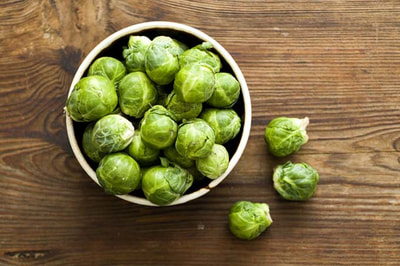|
The U.S. Food and Drug Administration (FDA) has issued a warning that medications in the isoxazoline class such as Bravecto, Credelio, Nexgard and Simparica may do more than just combat flea or tick infestations. These medications have the potential of causing seizures, ataxia, muscle tremors, or other neurological problems in your pets. Ataxia is a condition in which your pets can't control their muscle movements and thus may have trouble walking, balancing, or speaking. Of course, you may not necessarily be able to tell if your pets are having difficulty speaking. But the FDA warning means that you should be on the lookout for any struggles that your pet may be having after taking these medications.
The best alternative to flea and tick management is prevention. A dog with a strong immune system and healthy organs is an unwelcoming host for parasites. Dr. Michael Fox DVM is quoted stating the following: “Healthy animals are less attractive, for reasons that science has yet to determine, to fleas and other external and internal pests and parasites, whose whole existence is one of opportunistic survival and multiplication” says Dr Michael Fox DVM. “Dogs and cats on the kind of ‘junk’ foods that are still widely sold are far more prone to fleas and other parasitic and infectious health problems than those who are on a wholesome, whole-food diet, ideally organically certified and of course nutritionally complete.” Diffusing essential oils in your household such as lemon, citronella, sage, bergamot, cedarwood, lemon, eucalyptus, lemongrass, peppermint and rosemary can help to repel fleas and ticks. You can also find essential oil based flea and tick sprays in many health food stores or online. - Contributing Editor M.G.
0 Comments
Why is oxidative damage bad? It can lead to a host of disease conditions, not the least of which include: cancers, heart and blood vessel disorders, diabetes, heart failure, inflammatory diseases, gene mutations, chronic fatigue and anxiety.
Blueberries, considered a "superfood", are a low calorie, healthy treat for your dog. Not only is there conclusive science to support that blueberries are safe for dogs but science also tells us that it can help fight and prevent oxidative stress in your dog. How much do you need to be effective? In a study with sled dogs, the test subjects were fed a supplemented diet in which 2% of their daily food intake was blueberries. Sources: https://www.ncbi.nlm.nih.gov/pubmed/16520073 http://jeb.biologists.org/content/209/17/v.1 https://www.ncbi.nlm.nih.gov/pubmed/27487916 - Contributing Editor M.G. A $5 Million Lawsuit Claims Rachael Ray's Dog Food Brand Contains TOXIC CHEMICAL GLYPHOSATE8/7/2018 A man from New York is suing Rachael Ray’s “natural” dog food brand, Nutrish, for allegedly containing the “potentially harmful” herbicide glyphosate. Independent lab tests allegedly show that the dog food contains the unnatural chemical glyphosate, a potent biocide and endocrine disruptor, with detrimental health effects that are still not fully known.
The problem actually runs deeper, which is that pet food and pet food labeling is poorly regulated to the point that pets have a completely separate standard of food called "feed grade" -- which essentially means inedible and not safe for human consumption. We looked at the actual FDA compliance policy with regard to pet "food" and have distilled it down for our readers so that you may be better informed and make informed decisions and about what you feed your pup. The best way to be proactive about the safety of the food your pet is consuming, is to feed "human food grade" pet products and/or "Certified Organic": Example #1: FDA Compliance Policy (675.400 Rendered Animal Feed Ingredients) the agency states: “No regulatory action will be considered for animal feed ingredients resulting from the ordinary rendering process of industry, including those using animals which have died otherwise than by slaughter, provided they are not otherwise in violation of the law.” - In other words, anything classified as "animal feed" i.e., pet food, is not regulated by the FDA and may be sourced from dead, dying, diseased or disabled animals. The deceased animal may have been euthanized thereby containing high levels of toxic euthanasia drugs in their system, for instance. For more (shocking) information about animal feed rendering plants read this. Example #2: FDA Compliance Policy (690.300 Canned Pet Food) says: “Pet food consisting of material from diseased animals or animals which have died otherwise than by slaughter, which is in violation of 402(a)(5) will not ordinarily be actionable, if it is not otherwise in violation of the law. It will be considered fit for animal consumption.” Example #3: FDA’s Compliance Policy (675.100 Diversion of Contaminated Food for Animal Use) which states: “FDA does not object to the diversion to animal feed of human food adulterated with rodent, roach, or bird excreta.” Example #4: FDA Compliance Policy (675.200 Diversion of Adulterated Food to Acceptable Animal Feed Use) states: “The Center will consider the requests for diversion of food considered adulterated for human use in all situations where the diverted food will be acceptable for its intended animal food use. Such situations may include: a. Pesticide contamination in excess of the permitted tolerance or action level. b. Pesticide contamination where the pesticide involved is unapproved for use on a food or feed commodity. c. Contamination by industrial chemicals. d. Contamination by natural toxicants. e. Contamination by filth. f. Microbiological contamination. g. Over tolerance or unpermitted drug residues.” In a nutshell, it is legal until the FDA says otherwise, for "pet feed grade" products (the majority of pet food on the market), to contain food sourced from dead, dying, diseased or disabled animals or ingredients otherwise contaminated with industrial chemicals, drug residues, toxicants, pesticides, excreta from rodents, insects or other animals. With some due diligence, it's possible to locate trusted and integrity driven pet food, supplement and treat brands. Call or email their customer service department before purchasing and ask whether they test their products for pesticides, toxins and pathogens prior to bringing to market and whether they source their proteins from diseased animals or from animals which have died otherwise than by slaughter. - Contributing Editor M.G. "How do I get my dog to stop eating poop" - a highly googled question if you're a dog owner. Well, take a moment to get the scoop on poop in the following article:
16 Reasons Why Dogs Eat Poop and What to Do About it While studies aimed at determining the reason for dogs eating grass or plants are inconclusive, we do know that does are omnivores and are capable of benefitting from the phytonutrients and fiber found in plants and vegetables. We also know that in a survey conducted by U.C. Davis of over 3,000 pet owners, 68% of respondents related that their dogs ingest plants on a daily or weekly basis. Wild canids and felids in nature are known to eat grass and plants—plant material has been found in 2% to 74% of scats and stomach content samples of wolves and cougars. In other words, wild dogs diets include phytonutrition not normally found in conventional domesticated dog diets - especially ones that have been processed at high temperatures thereby destroying the large majority of nutrition that may have once been present.
So, should you let your dog eat grass? Definitely not if there's a chance the grass contains pesticide or fertilizer residue, as these contain chemicals highly toxic to dogs. A better, safer solution is green vegetables. Green vegetables are a great source of fiber, vitamins, minerals and phytonutrients that can help support the health of your pup, boost immunity and assist in the digestive process. Further information about dogs and vegetables may be found here. - Contributing Editor M.G. We thought that you may find the following article from Seattle Organic Restaurants interesting. Just another reason to eat organic!
"Eating organic foods can reduce the level of pesticides by 89% researchers say. According to a study published in the Journal of Environmental Research, participants who ate 80% organicdiet had 89% less pesticide residue in their urine compared to those who ate conventionally grown food. The study was performed in Melbourne, Australia with non-smoking participants aged between 18 and 65. In this study, the pesticide level in the urine of those who ate conventionally grown food is a representative of pesticide levels in the urine of millions of people who eat foods laced with high levels of pesticides and GMOs. "High levels of dialkylphosphates (DAPs), non-selective organophosphate metabolites, were found in their urine of those who mostly ate a conventional diet contaminated with high levels of pesticides and GMO foods. The participants who mostly ate organic produce had much lower level of DPA compared to those who did not. Organophosphate pesticides are originally derived from World War II nerve agents: The researchers are mainly concerned about the health impacts of organophosphate (OPs) on consumers. According to a CDC report, just in 2001, over 73 million pounds of organophosphate were used on US crops. One of the known health problems of organophosphate is the fact that it could inhibit neurotransmitter known as cholinesterase that carries signals between nerves and muscles. The results could poison victims to suffocate due to paralysis or fill up their lungs with fluid. Those with lower immune system, elderly and children are at higher risk of organophosphate pesticide poisoning. Conventional fruits and vegetables including peaches, apples, grapes and pears are some of the most common foods treated with organophosphate. Here are some of the health problems of organophosphate: Developmental problems: Organophosphate could interfere with healthy neurological development causing lower cognitive function and behavioral problems. Studies show that kids who are exposed to OPs are at higher risk of developing ADD and ADHD. Infertility: Like endocrine disrupters, organophosphate could have a negative impact on human reproductive system and reduce the level of testosterone and sex hormones. Exposure to OPs could also have an adverse effect on male fertility. Cancer: Several studies and CDC report have linked OPs to increase in risk of cancers including leukemia and lymphoma. "Parkinson’s disease: Studies show that Ops has negative impact on the brain and can lead to neurological problems including Parkinson’s Disease. Eat Organic! A 2012 report by the American Academy of Pediatricians (AAP) shows that eating organic produce can significantly reduce the exposure to pesticides and offer many health advantages:The AAP report also shows that organic foods have higher levels of nutrition including vitamin C and phosphorus. According to AAP report, 'in terms of health advantages, organic diets have been convincingly demonstrated to expose consumers to fewer pesticides associated with human disease.' "Maintaining organic standards are necessary for protecting the wholesomeness of organic foods: It’s unfortunate that under the Obama admin, both USDA and FDA are trying to corrupt over 20 years of congressionally-mandated standards for keeping organic foods safe. Recently, FDA has proposed a set of rules that will allow use of certain synthetic ingredients and chemicals (currently used in production of non-organic foods) in USDA organic. "Recently, the organic activists who gathered for National Organic Standards Board Meeting (NOSB) were arrested for protesting against the new USDA standards that could undermine the safety of organic produce: http://www.seattleorganicrestaurants.com/vegan-whole-food/national-organic-programs-latest-power-grab-by-usda-bureaucrats-corporate-profiteers-usda-calls-for-arrest-of-organic-activists.php "Please call USDA secretary of agriculture Tom Vilsack and your representative in Congress and let them know that you are against USDA new standards. Don’t let USDA organic be corrupted. Organic labels are worth fighting for: http://seattleorganicrestaurants.com/vegan-whole-food/dont-let-USDA-organic-labels-be-corrupted-organic-labels-are-worth-fighting-for.php "Sources: http://naturalsociety.com/new-study-just-one-week-organic-eating-can-lower-pesticide-levels/ http://enewspf.com/latest-news/science/science-a-environmental/52533-organic-food-consumption-leads-to-dramatically-lower-pesticide-exposure.html" Does your dog have skin rashes, red eyes, hot spots, frequent itching, chronic diarrhea or vomiting? These manifestations can all be signs of allergies. Unfortunately, allergies are symptomatic of your dog's organs having to work overtime in an attempt to detox and not quite keeping up with the load. Environmental causes of allergies can include toxins from poor quality foods, fertilizers, pesticides, flea, tick and worm medications or other drugs, vaccines, bacteria, parasites, heavy metals and more.
If you are fed up with seeing your pet suffer and simply don't know where to start, below are some common allergy culprits (source: https://www.dogsnaturallymagazine.com/a-new-look-at-canine-allergies/): "Processed kibbles, regardless of ‘quality’, can be laden with toxins. Here is a short list of possible issues:
We recommend feeding your dog fresh and or supplemental whole foods rich in antioxidants, vitamins C and E, beta carotene and alpha lipoic acid such as broccoli, brussel sprouts, green peas, carrots and bovine (cow) organ meats such as kidney, heart, spleen or brain, to name a few. Omega-3 fatty acids such as those found in salmon, sardine, anchovy and other fish oils can also help alleviate the inflammation associated with allergies. By choosing high quality commercial raw or dehydrated foods or feeding your dog your own raw foods with the necessary supplementation, you can be proactive about reducing the amount of toxins your dog’s body has to eliminate. Choose 100% grass-fed, organic animals and pesticide free/organic vegetables, whenever possible. - Contributing Editor M.G. People are starting to become wise to the fact that just like humans, dogs can receive health benefits from eating their veggies! The AKC has this to say about it:
"This cruciferous vegetable is loaded with nutrients, like vitamins, fiber, and antioxidants that are good for humans and canines, alike. Brussels sprouts contain vitamin K, which helps blood clot properly, builds bones, and protects the heart. They also contain a mini-alphabet of other vitamins, including C, A, B1, and B6. The antioxidants reduce inflammation and improve blood circulation. As if that’s not enough goodness, this veggie also contains compounds that can protect against free radicals, which are known to be harmful." Read the full article here: https://www.akc.org/expert-advice/nutrition/natural-foods/can-dogs-eat-brussels-sprouts/ Without synthetically balanced foods and mankind's "assistance", how do wolves get their nutrition in the wild? From the fresh meat and intestinal tracts of their herbivorous prey of course! What do wolves eat? Rabbits, deer, elk, fish and other prey that have a diet largely consisting of fruit and vegetables. Fruits and vegetables contain a potent amount of important phytonutrients (plant chemicals that have been shown to convey beneficial effects on health) and antioxidants found only in fruits/plants. These important properties play a major role in fighting off and preventing disease.
One could argue that processed dog food cooked at 400+ degrees, cooks out any inherent nutrition in the ingredients and is therefore highly deficient in important vitamins, minerals and phytonutrients. One could also argue that the soaring disease rates in dogs may have something to do with a severe lack of nutrition, among other things. Make sure your pup is getting enough plant-based nutrition in their diets. Add lightly cooked or raw leafy green and cruciferous vegetables, blueberries and other nutrient dense ingredients to your dog's diet. It only takes a couple extra minutes a day and could save on medical bills and prevent pain and anguish down the road :) - Contributing Editor M.G. what is "methylation", WHY DO WE CARE & WHAT DOES IT HAVE TO DO WITH THE HEALTH OF OUR PETS?3/6/2018 mEthylation (EXPLAINED in plain english)Methylation is a biochemical process that when occurring optimally, has a significant positive impact on biochemical reactions in the body that regulate the activity of the cardiovascular, neurological, reproductive, and detoxification systems. Important canine stuff such as liver and eye health, estrogen and fat metabolism, detoxification, neurotransmitter function, cellular energy and others, are dependent upon proper methylation. Environmental toxins and heavy metals, chemicals in the water, food and air, inflammation, inadequate exercise and a lack of B vitamins in your canine's diet, in particular folate, vitamins B12 and 6, are some of the ways proper methylation is impeded, which can lead to serious disease and unhealthy pups. How can I be proactive about my dog's health?Some very basic and easy actions every responsible pet owner can practice on a daily basis include:
- Contributing Editor M.G.
|
categoriesArchives
September 2018
|
















 RSS Feed
RSS Feed



